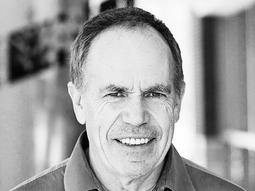Live from TED2023
Imagining a pathway to a sustainable future: Notes on Session 5 of TED2023
How do we strike a balance between sounding the alarm about the devastation wrought by climate change and telling the story of an actual pathway forward? Session 5 of TED2023 sought to stem the despair and cultivate hope and action on the most pressing issue of our time. The event: Talks from Session 5 of […]
Continue reading
